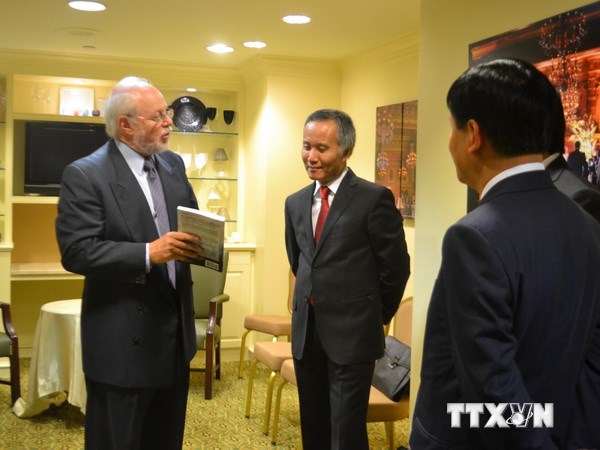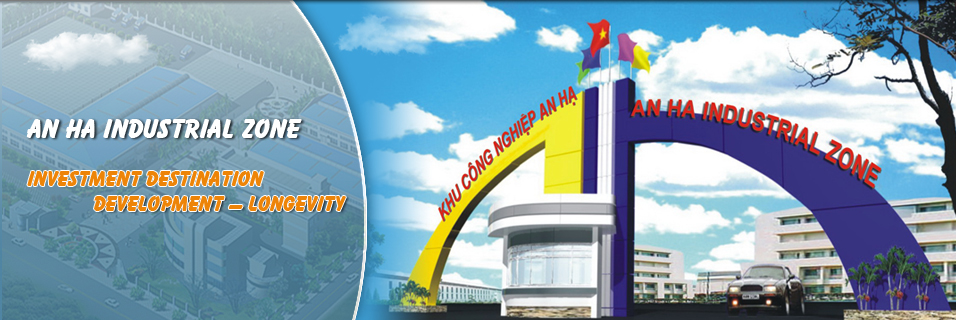
According to Schott’s opinion, Vietnam may benefit the most from the Trans-Pacific Partnership (TPP), which provides great opportunities for GDP’s growth (Gross domestic product) and encourages the export to TPP partner countries. Conversely, Vietnam also will confront major challenges, which require time to implement key reforms and policies.
He underlines that negotiators are seeking to reach an “accurate balance” between the liberalization’s depth Vietnam committed to and the commitments’ execution speed. Significantly, Vietnam need have strategies for economic reform during the next 10 to 15 years, as well as ensure the entirely beneficial and effective execution of TPP’s process. Foreign investors will expand trade and increase investment in Vietnam when the country has strong and clear reform strategies in all fields, particularly goods and services.
Also in this interview, Professor Schott assessed of difficulties, challenges and prospects of the TPP negotiations. He predicts that the agreement may be concluded and signed by the first half of next year.
Negotiators, at the present, are actively working to narrow the gaps in perspective difference, facing and resolving many political sensitive issues of the final stages of TPP talks, which calls for great efforts of all the members.
The biggest challenge now is the talks relating to access to agricultural market and services, requiring the countries conduct further negotiations in the next year. US and Japan, currently, are boosting to tackle with agricultural issues, which will be substantially harder at the final rounds between two countries, Professor Schott said.
Besides, many other sectors, including investment, environment and state-owned enterprises still exists many problems, which could be completely resolved among 12 countries participating in the TPP negotiations. Actively discussing at this time, negotiators will make adjustments in stance in the time to come.
One of the problems hindering negotiations, at this moment is Trade Promotion Authority (TPA - Fast Track) Legislation. The US Congress has not passed the bill, allowing President Barack Obama to carry out TPA. This barrier would directly affect TPP talks, as relating countries hope that the US would quickly ratify and implement the agreement.
Professor Schott expresses his confidence that President Obama and U.S. Trade Representative Michael Froman will coordinate closely with the Congress to pass TPA in early 2015.
This scenario is likely to occur. This move of US Congress will pave the way for concluding negotiations and inking TPP by the first half of 2015.
(In the picture: Professor Jeffrey Schott and Vietnamese delegates).



